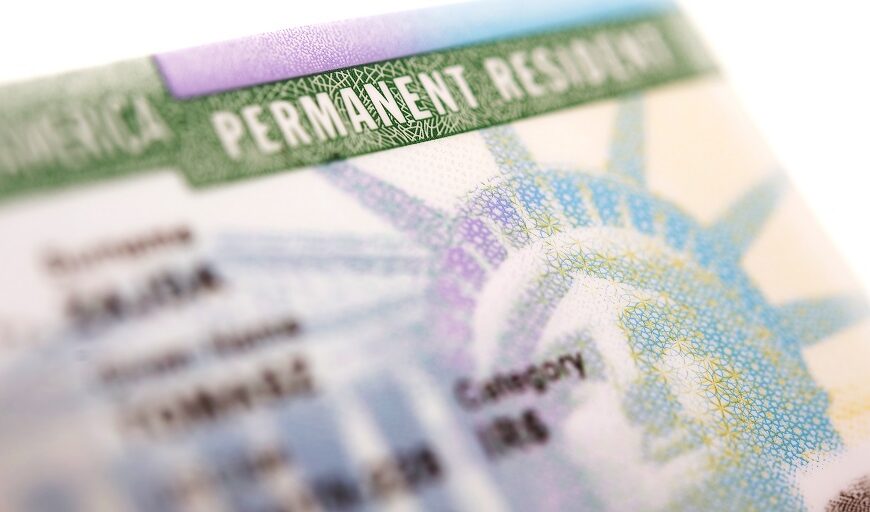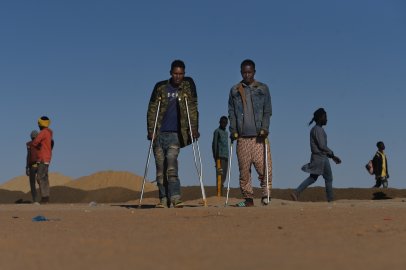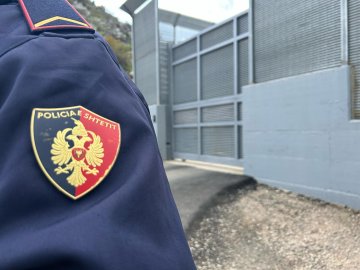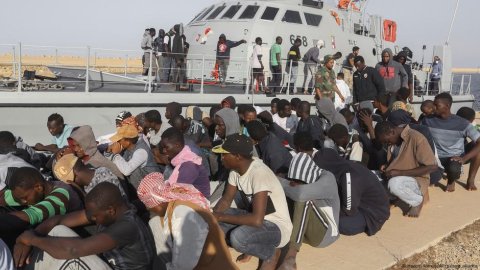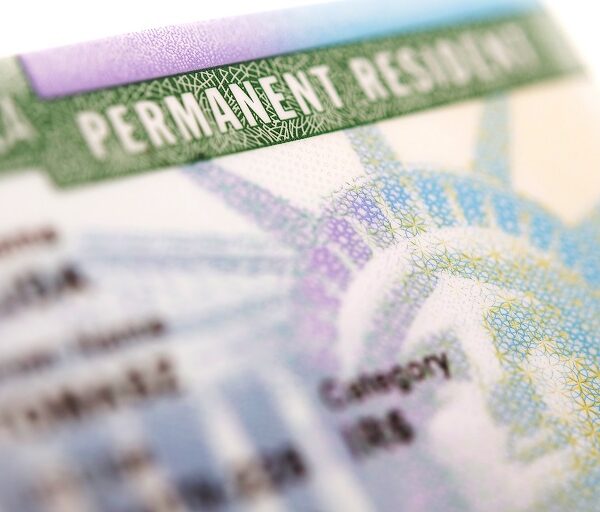Poland’s Hajnowka 5 Faces Trial for Helping Refugees in Need
Poland has recently made headlines as five individuals from Hajnowka stand trial for their alleged involvement in aiding refugees attempting to cross the border from Belarus. This case has sparked significant debate about humanitarian aid, the treatment of refugees, and the ethical responsibilities of individuals in times of crisis. As the situation unfolds, it raises critical questions regarding the balance between national security and human compassion.
The Background of the Hajnowka Case
In recent years, the eastern border of Poland has seen an influx of refugees fleeing conflict and persecution from neighboring countries. Many of these individuals are escaping dire circumstances in their home nations, including war, violence, and human rights abuses. To find safety, they embark on perilous journeys, often facing numerous obstacles along the way.
In the small town of Hajnowka, located near the border with Belarus, a group of five individuals became involved in providing assistance to these vulnerable refugees. Their actions included offering food, shelter, and medical aid to those in need. However, their efforts to help have led to legal repercussions, as they are now facing trial under Poland’s strict immigration laws.
The Legal Implications of Humanitarian Aid
The trial of the Hajnowka 5 raises important legal questions about the implications of providing humanitarian aid. Under Polish law, assisting undocumented migrants can be considered a criminal offense. This has led to a tense atmosphere where individuals who wish to help refugees may fear legal consequences for their actions.
Key points of concern include:
- Criminalization of Aid: The legal framework surrounding immigration and refugee assistance has become increasingly punitive, discouraging citizens from helping those in need.
- Human Rights Considerations: The trial raises issues about the rights of refugees and the responsibilities of individuals and governments in safeguarding those rights.
- Public Opinion: The case has sparked a divided response among the Polish public, with some viewing the defendants as heroes and others as criminals.
Humanitarian Crisis at the Border
The situation at the Polish-Belarusian border has escalated into a humanitarian crisis. Thousands of refugees have found themselves trapped in dangerous conditions, often facing harsh weather and limited access to basic necessities. Reports have emerged of individuals suffering from malnutrition, exposure, and psychological trauma as they navigate this treacherous landscape.
In this context, the actions of the Hajnowka 5 can be seen as a response to a dire humanitarian need. Their willingness to provide assistance highlights the moral dilemma that many face when confronted with the suffering of others.
Public Reactions and Support for the Hajnowka 5
The trial has garnered attention not only within Poland but also internationally. Human rights organizations, activists, and ordinary citizens have rallied to support the Hajnowka 5, arguing that their actions should be celebrated rather than prosecuted. Many believe that humanitarian aid is a fundamental human right and that individuals should not be penalized for attempting to help those in distress.
Supporters of the Hajnowka 5 have expressed their views in various ways:
- Public Demonstrations: Protests have been organized to raise awareness and show solidarity with the defendants.
- Online Campaigns: Social media campaigns have emerged, calling for the charges against the Hajnowka 5 to be dropped.
- Statements from NGOs: Numerous non-governmental organizations have issued statements condemning the prosecution and advocating for the protection of humanitarian workers.
The Role of the Polish Government
The Polish government has taken a firm stance on immigration issues, particularly in the wake of the heightened tensions with Belarus. Officials argue that strict border control measures are necessary to maintain national security and prevent illegal crossings. However, critics argue that this approach neglects the humanitarian obligations that countries have toward refugees.
The government’s actions have been scrutinized both domestically and internationally. Some policymakers are calling for a reassessment of Poland’s immigration laws to better align with humanitarian principles and international obligations.
What Lies Ahead for the Hajnowka 5?
As the trial progresses, the future of the Hajnowka 5 remains uncertain. Their case serves as a litmus test for Poland’s approach to refugees and humanitarian aid. Will the judiciary uphold the principle of compassion, or will it reinforce the punitive measures against those who dare to cross the line into humanitarian assistance?
Several outcomes are possible:
- The Hajnowka 5 could be acquitted, setting a precedent for more lenient treatment of humanitarian aid providers.
- A conviction could reinforce the criminalization of aid, deterring others from assisting refugees.
- The case could prompt broader discussions about the need for legal reform in Poland regarding immigration and refugee assistance.
Conclusion
The trial of the Hajnowka 5 encapsulates a profound ethical dilemma at the intersection of immigration law and humanitarian principles. As Poland grapples with its responsibilities toward refugees, the actions of these five individuals serve as a poignant reminder of the human capacity for compassion in the face of adversity. Their fate may ultimately influence not only the future of humanitarian aid in Poland but also the broader conversation about the treatment of refugees across Europe.
In a world increasingly defined by divisions, the Hajnowka 5’s case challenges us to reflect on our values and the lengths we are willing to go to protect the most vulnerable among us.

